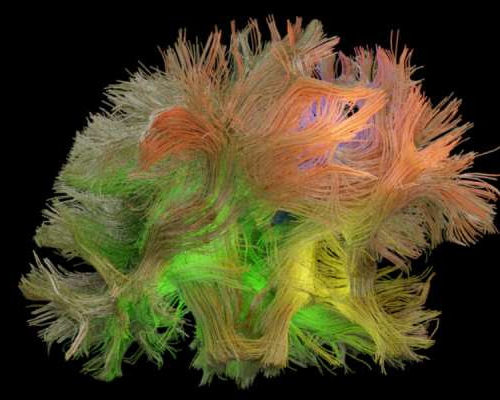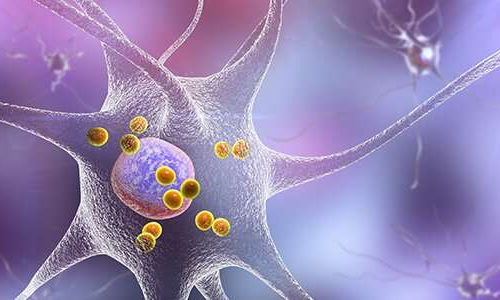by University of Southern California Professor Maryam Shanechi’s research could lead to innovative new treatments for a host of disorders. Credit: Omid Sani/Maryam Shanechi When reaching for a cup of coffee or catching or throwing a ball, our brain manages to coordinate the movement of no less than 27 joint angles in our arms and fingers. Exactly how...
Tag: <span>Parkinson’s patients</span>
New research gives further evidence that autoimmunity plays a role in Parkinson’s disease
by La Jolla Institute for Immunology roducing brain cells of patients with Parkinson’s disease. T cells that react to alpha-synuclein are most abundant when patients are first diagnosed with the disease. Credit: La Jolla Institute for Immunology A new study co-led by scientists at the La Jolla Institute for Immunology (LJI) adds increasing evidence that...
Exercise can improve non-motor symptoms of Parkinson’s disease
Exercise has potential to improve non-motor as well as motor symptoms of Parkinson’s disease (PD), including cognitive function, report investigators in a review published in the Journal of Parkinson’s Disease. PD is a slowly progressive disorder that affects movement, muscle control, and balance. While traditionally regarded as a movement disorder, it is now known to be a heterogeneous multisystem disorder – in recognition of the significant impact that non-motor symptoms have...
New optogenetic technique could help restore limb movement, treat muscle tremor
For the first time, MIT researchers have shown that nerves made to express proteins that can be activated by light can produce limb movements that can be adjusted in real-time, using cues generated by the motion of the limb itself. The technique leads to movement that is smoother and less fatiguing than similar electrical systems...
Two new studies offer insights into gastrointestinal dysfunction in Parkinson’s patients
Constipation is one of the most common non-motor related complaints affecting Parkinson’s disease (PD) patients. Two important studies from the same research group published in the Journal of Parkinson’s Diseaseexpand the understanding of the relationship between PD and gastrointestinal dysfunction. In one study, investigators measured actual colonic dysfunction and compared it to reported constipation. In the...
Conversion of brain cells offers hope for Parkinson’s patients
Dopamine neurons degenerate and die in the brains of people suffering from Parkinson’s disease. Researchers at Karolinska Institutet have made significant progress in the search for new treatments for Parkinson’s disease. By manipulating the gene expression of non-neuronal cells in the brain, they were able to produce new dopamine neurons. The study, performed on...
Exercise helps prevent falls in Parkinson’s patients
Statistics show that 25 per cent of recently diagnosed patients suffered a fall in the first year. That came as a surprise to researchers. They had thought that falls tended to occur during later stages of the disease. Fetching the shopping bags out of the car, going up the stairs, finding the house keys, locating...
- 1
- 2


